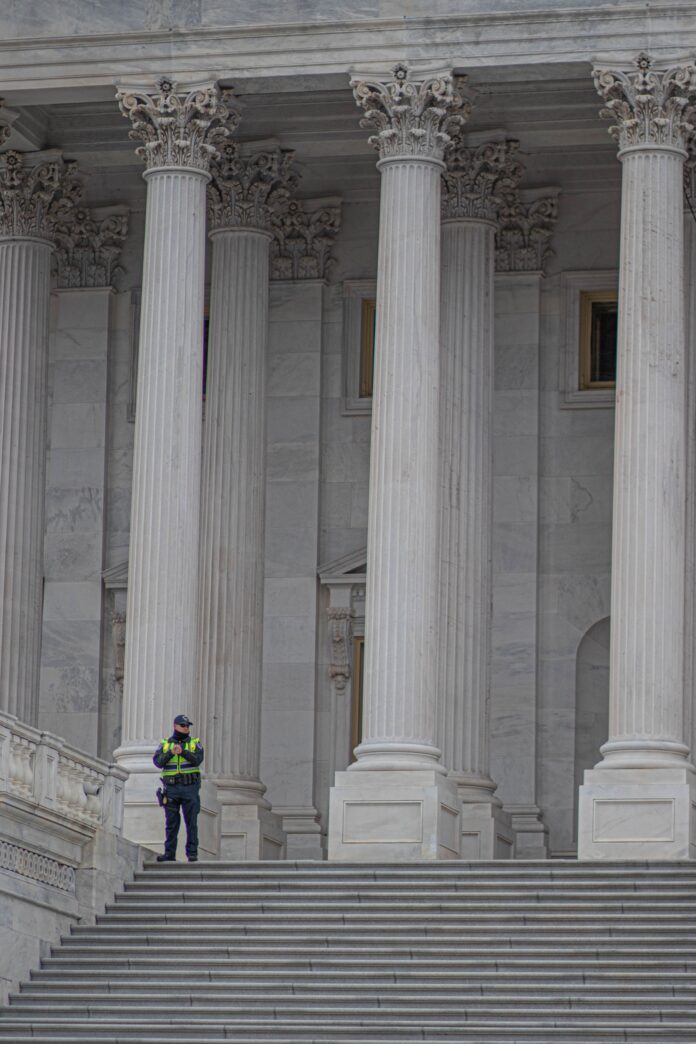The overturning of a recent controversial conviction raises concern over the injustices that Muslim-Americans face in the American criminal justice system.
Adnan Syed, who was prosecuted to serve at least a life sentence for the murder of his ex-girlfriend, was granted his freedom on Monday, Sept. 19. Maryland State Attorney Marilyn J. Mosby and Assistant State Attorney Becky Feldman “no longer has confidence in the integrity of the conviction.”
The overturned case has reached many Muslims like Zena Hajji, a UNLV political science student.
“This is definitely a big step for Muslim-Americans,” Hajji said. However, with this limelight, students raised questions about the injustices Muslim-Americans face in the American criminal justice system.
“There is a little bit of a systematic bias within the criminal justice system,” Hajji said. “It definitely goes towards people of color.”
“We are portrayed [in the media] in a certain way where we are savages,” she said. “It really sets the tone for how people will treat us, especially within the criminal justice system.”
In the trial of the Court of Special Appeals, in 2015, Prosecutor Kevin Urick’s primary argument against Syed revolved around Syed’s ethnicity and religious belief. Urick argued that “[Syed’s] honor had been besmirched,” and coming from a “Islamic culture” background, it gave Syed the motivation to kill Lee.
“As minorities are going to be seen under a different lens,” Zain Raja, the president of the Muslim Student Association (MSA). “Whether it’s through the justice system or not.”
Raja voiced his frustrations over why it took so long for justice to occur for Syed. “Look, it took a podcast for justice to come to this man’s life after 20 plus years,” he said.
MSA’s vice president Farida Elmasry, corroborated the Raja’s stance, as she said that not just towards Muslim-Americans, but towards other minorities as well, “the [American] justice system is really unjust, especially towards minorities and the way they get convicted.”
Elmasry said “[Muslims] kind of related to the case on a certain level, where it’s like ‘could have been someone I know,’ that could have been a friend.”
Expressing her hopefulness over the conclusion of the case, ElMasry said that “Even though [Syed] lost his whole life and it took this long, it kind of gives us like a tiny little fresh of breath air of like, ‘oh it’s possible. It’s possible that like with efforts, we can get people justice that were wrongly convicted.’”
Amidst all the celebration, the fight for Syed’s complete freedom is still not over. As it stands, the State has 30 days to decide whether they want to proceed with a new trial in convicting Syed or to drop the case against him entirely.

